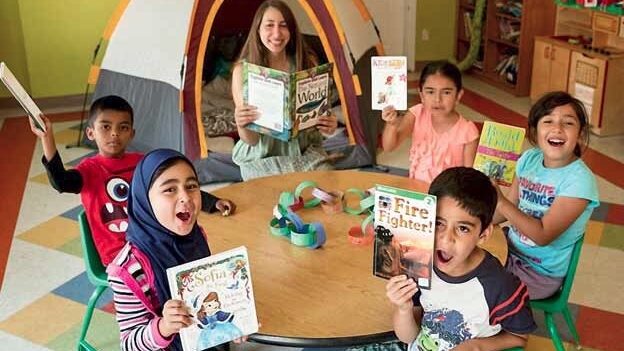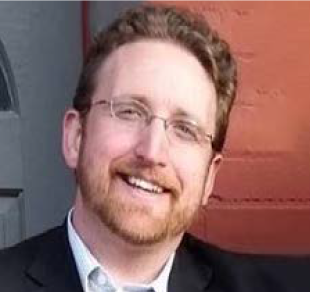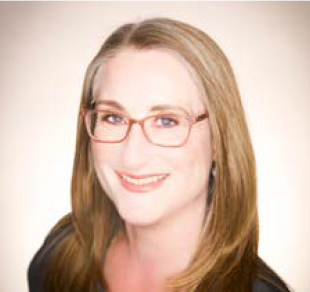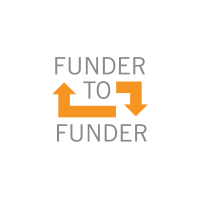
- This event has passed.
Catalytic Leadership in Philanthropy: Helping Lean Funders Unleash Their Full Potential

Catalytic Leadership in Philanthropy is designed to empower more lean funders to get involved in this kind of outsized impact work. The core of it really gets to this idea of funders using ‘more than money’ — using your convening ability, leveraging relationships, being able to raise public awareness of issues, using your foundation platform, being a matchmaker, being a broker in your community, funding and engaging in policy advocacy. It is about using all the powers of a lean, place-based foundation.” – Andy Carroll, Exponent Philanthropy
In this Funder-to-Funder Conversation, Andy Carroll of Exponent Philanthropy offered the above description as he introduced attendees to the Catalytic Leadership in Philanthropy (CLIP) mindset and practice that Exponent developed through engagement with its membership.
Debra M. Jacobs, President and CEO of The Patterson Foundation — which is a member of both Exponent Philanthropy and the Campaign for Grade-Level Reading Network — moderated the conversation. First, she engaged Carroll and Paul D. Daugherty of Exponent Philanthropy in a discussion about how Exponent works to amplify and increase the impact of “lean” funders — meaning those with few or no staff. Carroll explained how Exponent’s CLIP is a transformational leadership style that empowers lean funders to make long-term, systems change around a focused issue prioritized by their community or field. He noted that lean funders who engage in catalytic leadership focus their giving; offer flexible, multiyear funding; build strong relationships with grantees and the community; and leverage non-grant assets to further their missions. CLIP encourages funders to listen deeply; engage with humility, curiosity and patience; and promote collaboration.
“Catalytic leadership is not just about what is pushed out, but the connections built across the community and with the funder,” explained Daugherty, likening CLIP to the children’s story about stone soup where each townsperson contributes what they have.
Jacobs then engaged two lean funders in the CGLR Network — Melissa Litwin of The Henry and Marilyn Taub Foundation and Matthew Peterson of the John & Janice Wyatt Foundation — in a discussion about how they embrace “more than money” approaches to bring about transformative change in partnership with community. While Litwin and Peterson had not previously been aware of Exponent’s CLIP approach, they realized that their work in community reflected many of its practices.
“You can call it impact-driven philanthropy or entrepreneurial philanthropy or catalytic philanthropy. In this field, sometimes the vocabulary may be different, but the concepts are in fact very similar in many ways. One of the things that I heard in listening to this panel is the underlying requirement of building credibility and building trust so that you have the opportunity to facilitate and bring people together.”
– Matthew Peterson, John & Janice Wyatt Foundation
The panelists discussed how lean funders are not just mini versions of large foundations, but rather they offer a number of strengths, including the ability to drill down and focus on specific issues and continue that focus over time. They also noted that lean, local funders have deep local connections and trusting relationships that can be leveraged for impact. They acknowledged that change-work takes time and the importance of being patient and benchmarking and celebrating progress along the way. They also discussed the importance of learning from and with the community, moving from a scarcity mentality to a collective abundance mentality that encourages collaboration, and being transparent in sharing both successes and lessons learned.
“The only way to solve the problem is by listening carefully to the people who are impacted. That is the key asset to solving the problem….Being in community and building community is critical so that when problems arise there is already a group of folks who are committed.”
– Melissa Litwin, The Henry and Marilyn Taub Foundation
Carroll and Daugherty shared several examples of Exponent members that have utilized this CLIP approach to achieve systems change results at either the community or state level, while Litwin and Peterson shared concrete examples of how they are engaging deeply with partners in their community to achieve positive outcomes for children.
“Change happens at the speed of trust and if we are looking for long-term change, we need to have trust with those we are going to work with – and that takes time. It takes relationship building.” – Debra M. Jacobs, The Patterson Foundation
Panel







